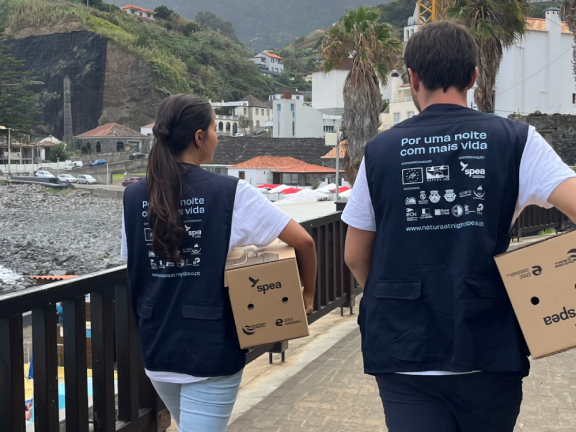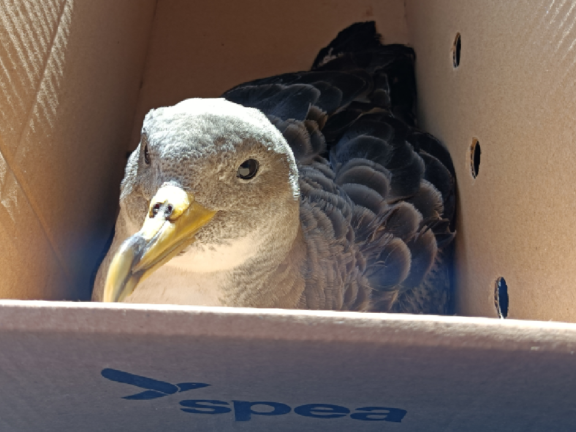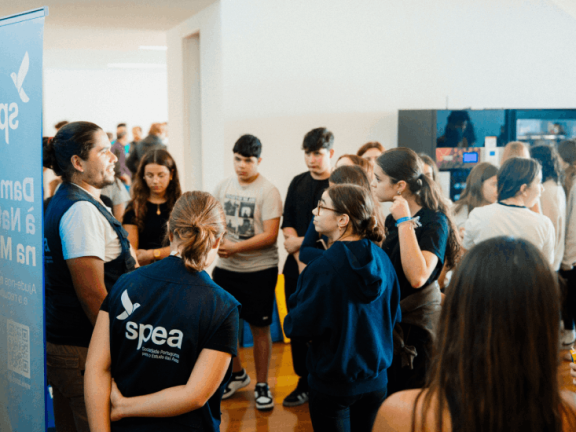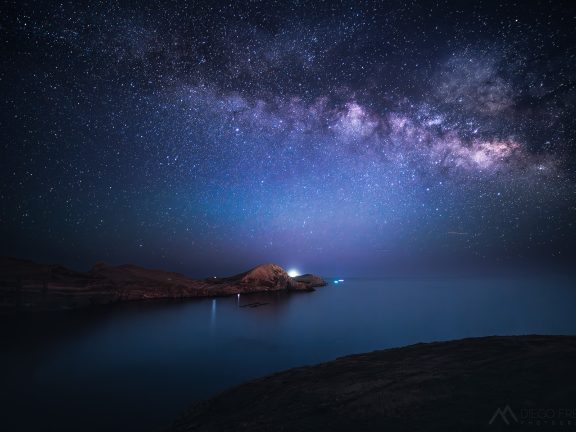In Macaronesia (including Cabo Verde) we know about 15 species of bats, three of them endemic. However, knowledge about these chiropterans is very low for this biogeographic area. This lack of knowledge combined with the threat of light pollution, which mainly affects the feeding behaviour of bats, gives us sufficient reason to study these mammals in the LIFE Natura@night project.
The actions foreseen in the project include literature review for this animal group, with emphasis on the theme “light pollution impact on Macaronesian bats and mitigation measures”. In this review about 130 publications were found.
Another action in the project is the characterization of bat communities in different types of habitats within the Natura 2000 Network areas in Macaronesia. The work involves two field methods: acoustic recordings and bat capture methods. These two complementary methods will provide information on the existing species diversity, relative abundance and data on the biology of the species. In Madeira Island, the recordings were made in autumn 2022 in about 42 points, inserted in the areas of RN2000 and municipalities of intervention of the project, using passive acoustic recorders – the Audiomoth. As preliminary results two species were detected: Pipistrellus maderensis and Nyctalus leisleri. In the Azores, all fieldwork will be carried out in the spring of 2023.
In addition to these preparatory actions, an action to monitor the effect of changes in public lighting on the attraction of bats and insects to lights will be implemented. It will be carried out in all the municipalities of intervention of the project.
In LIFE Natura@night these actions are the responsibility of the partner Instituto das Florestas e da Conservação da Natureza, IP-RAM.






